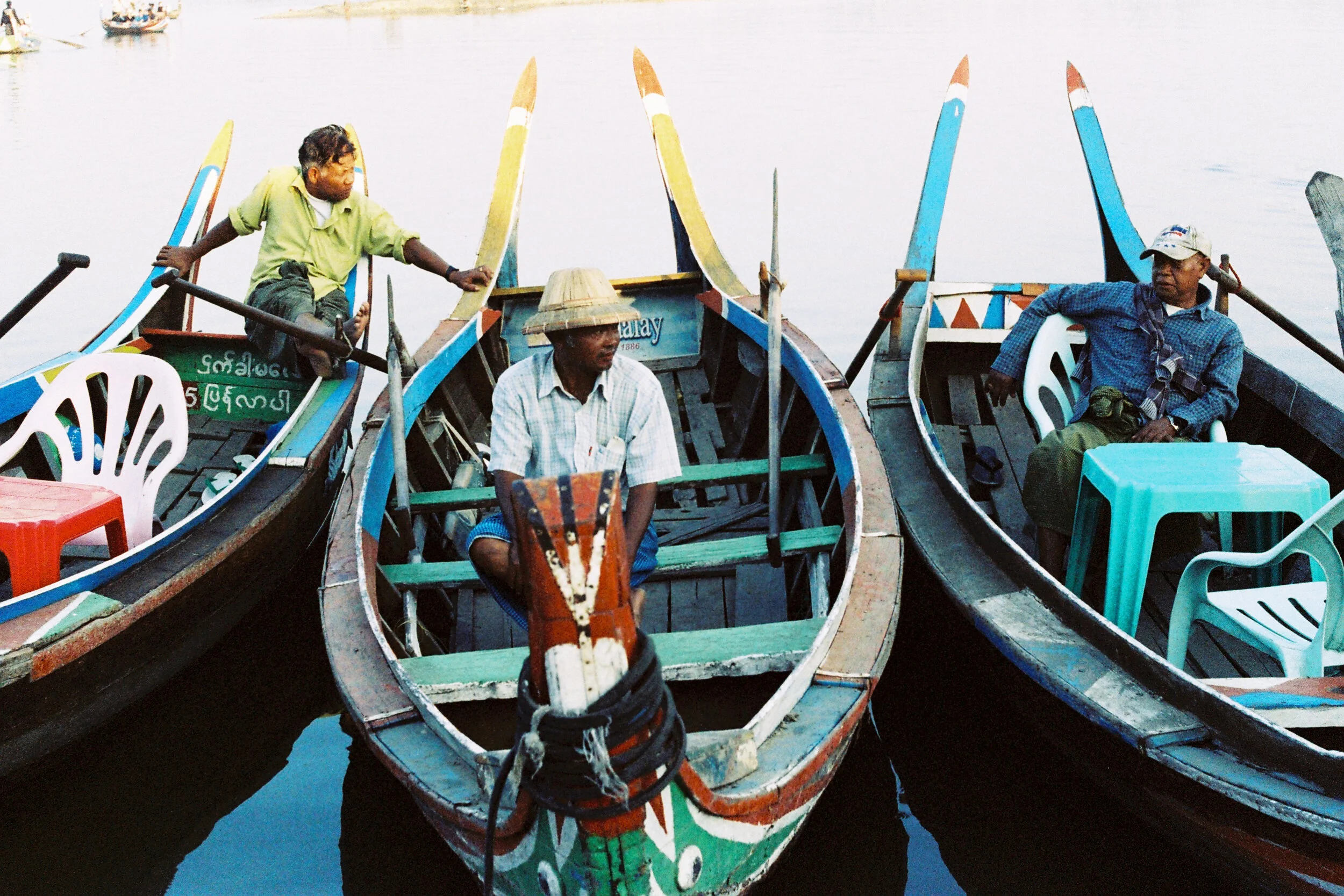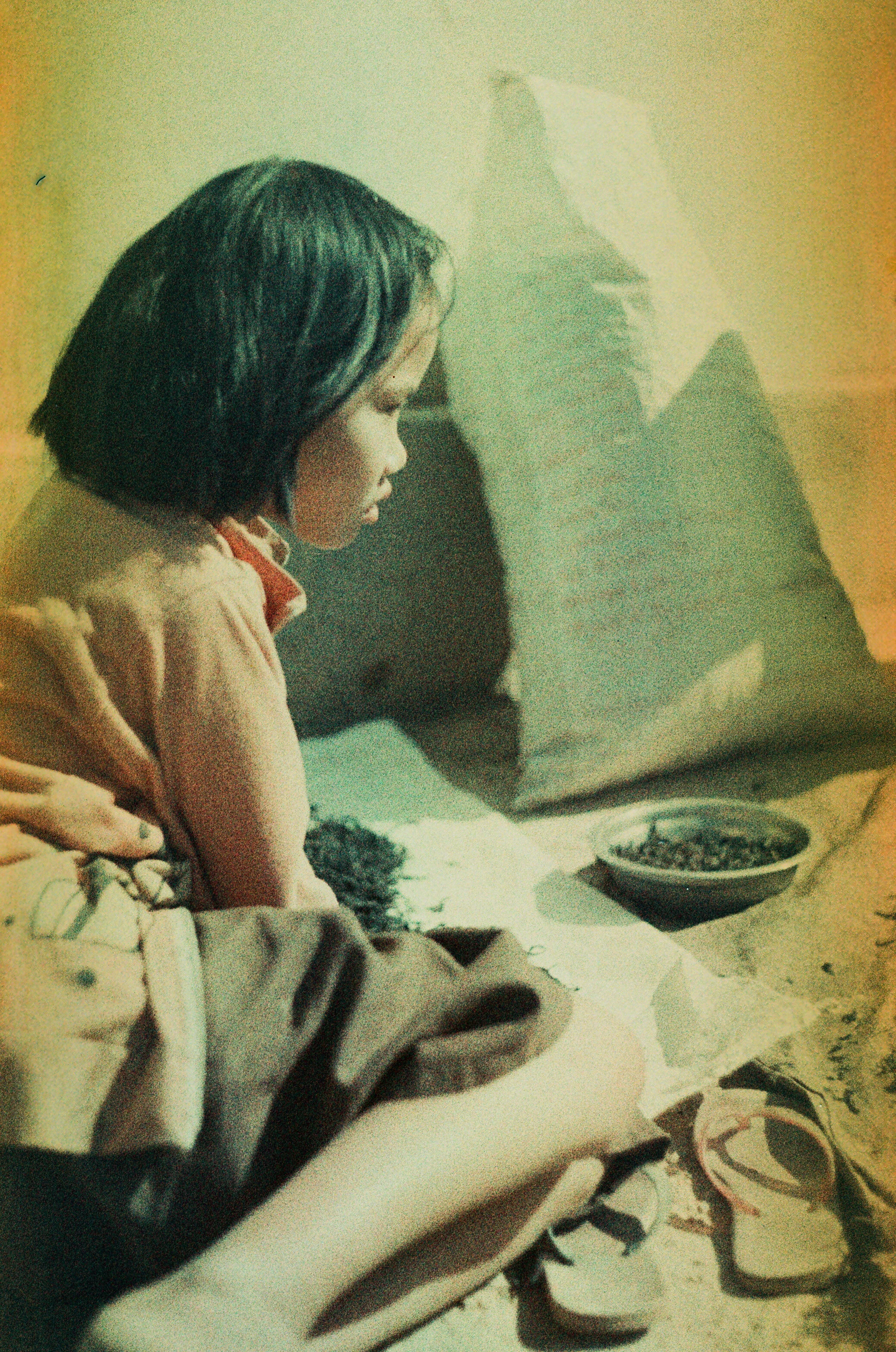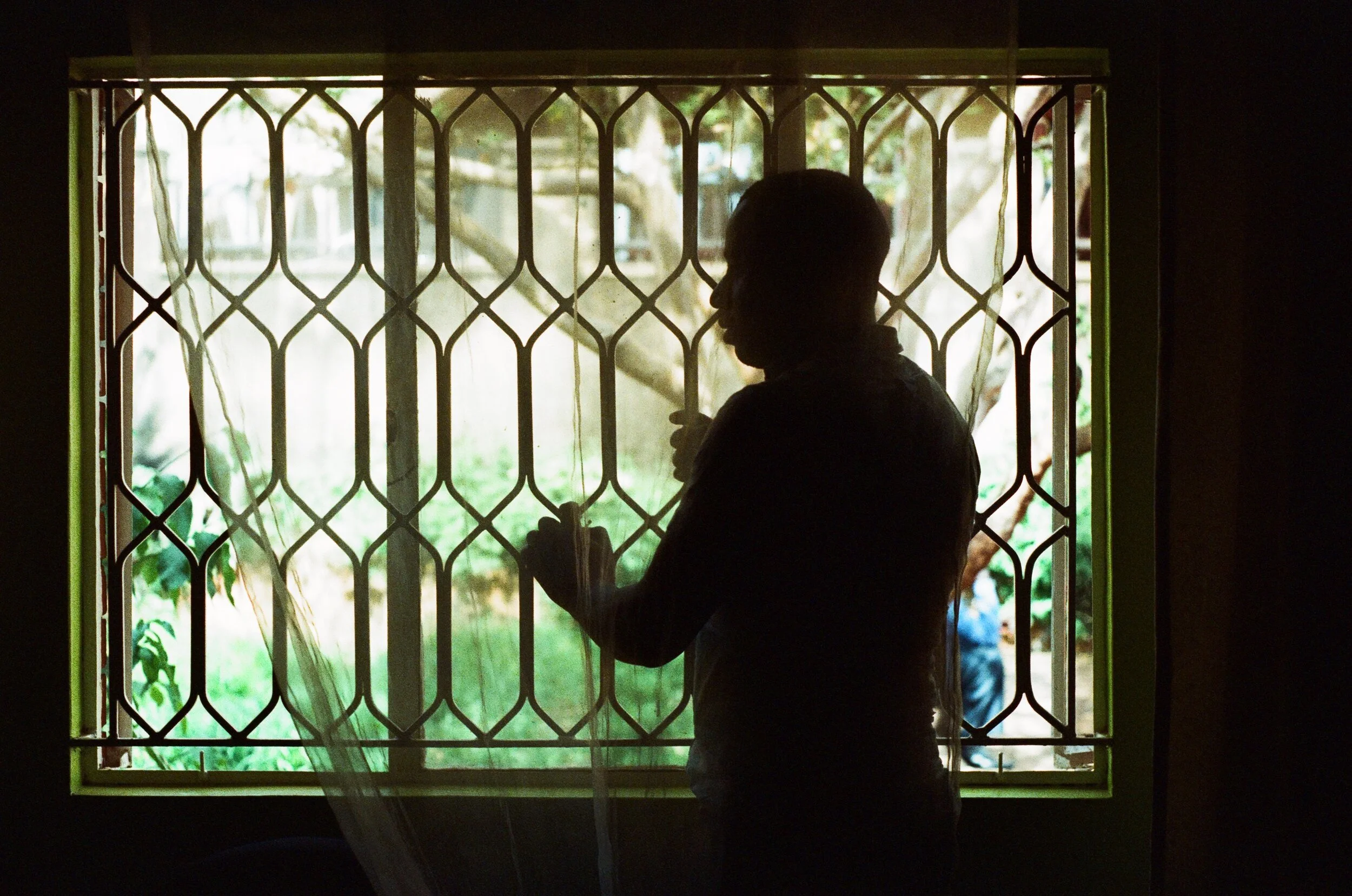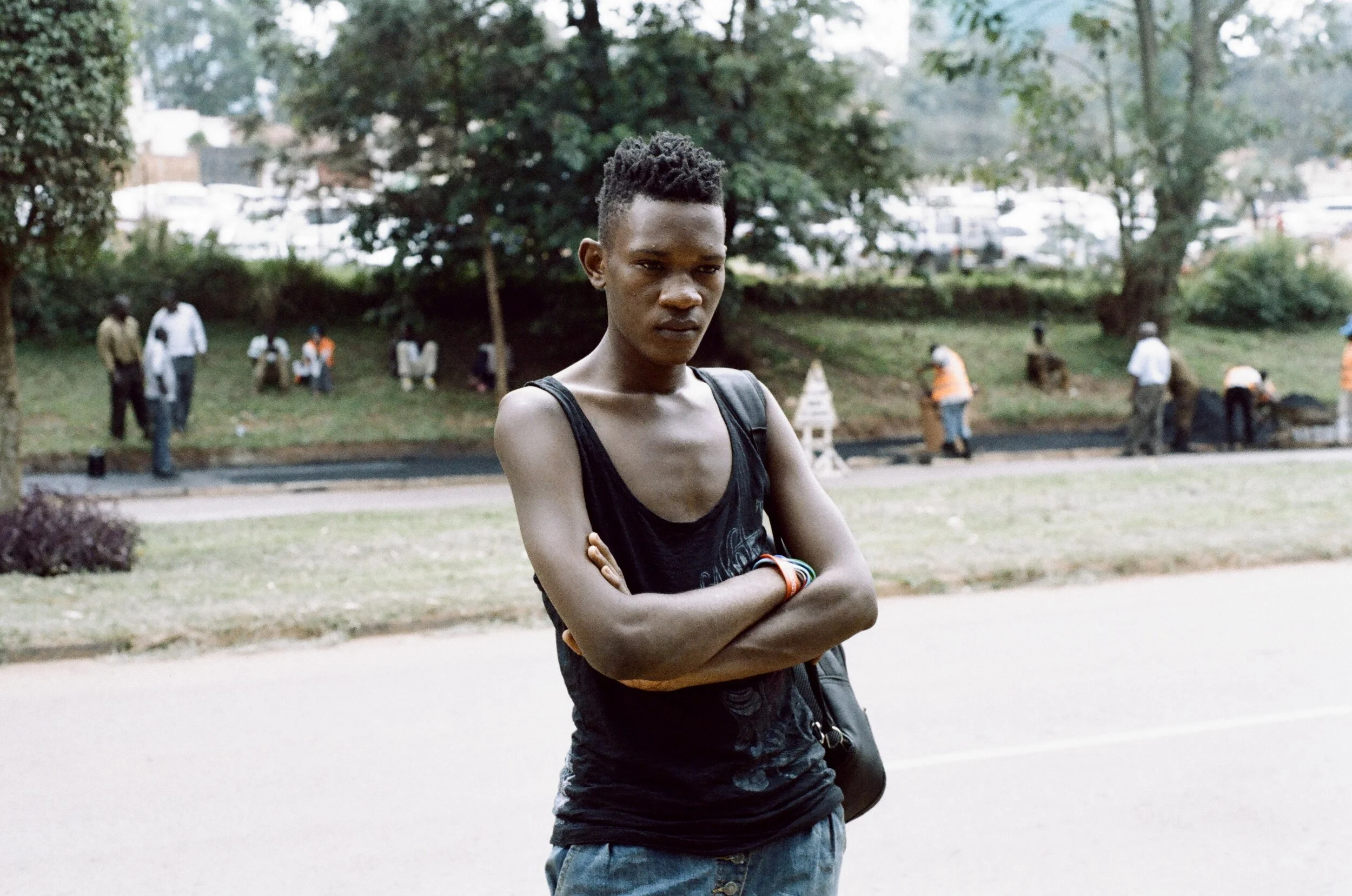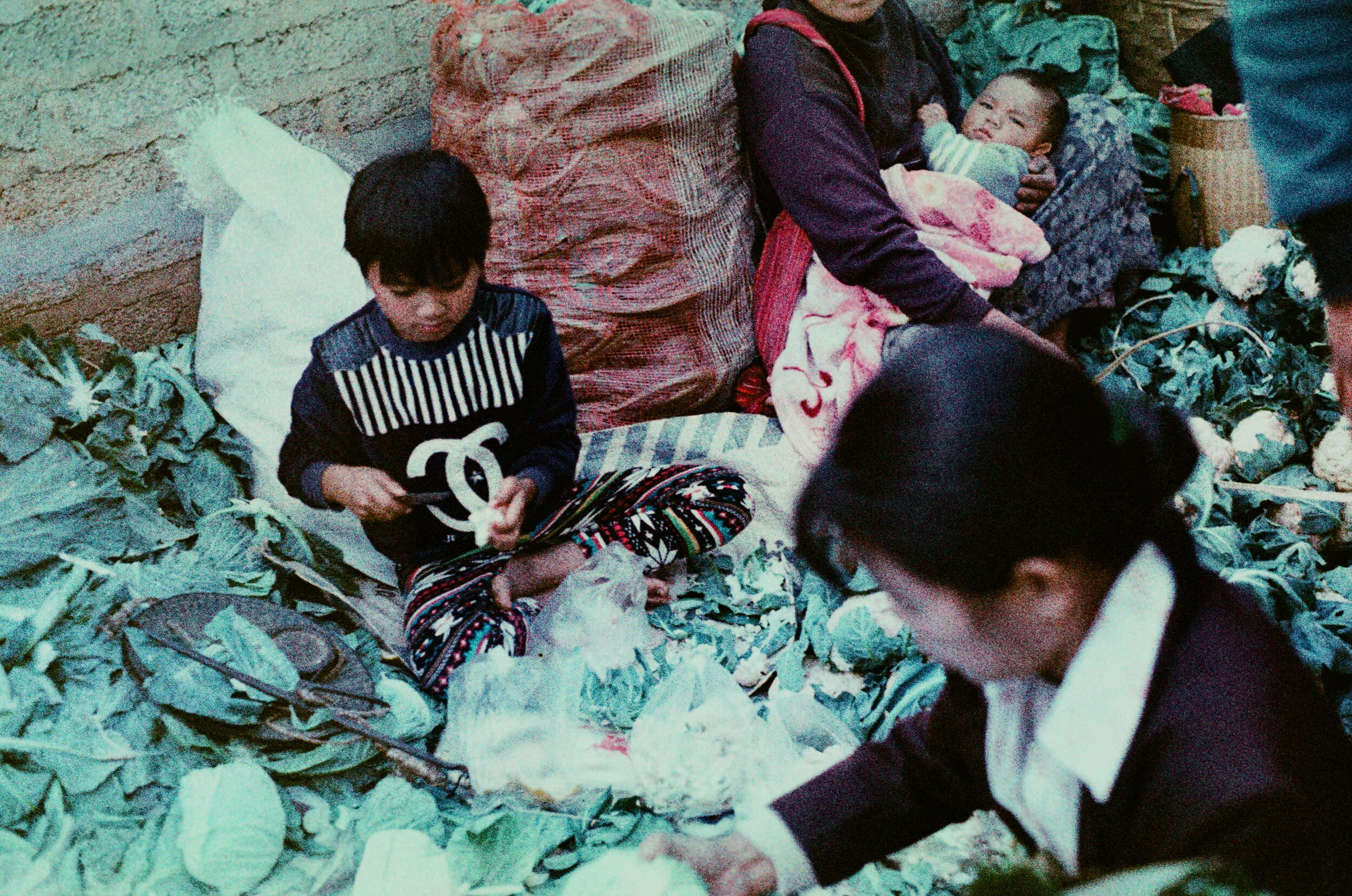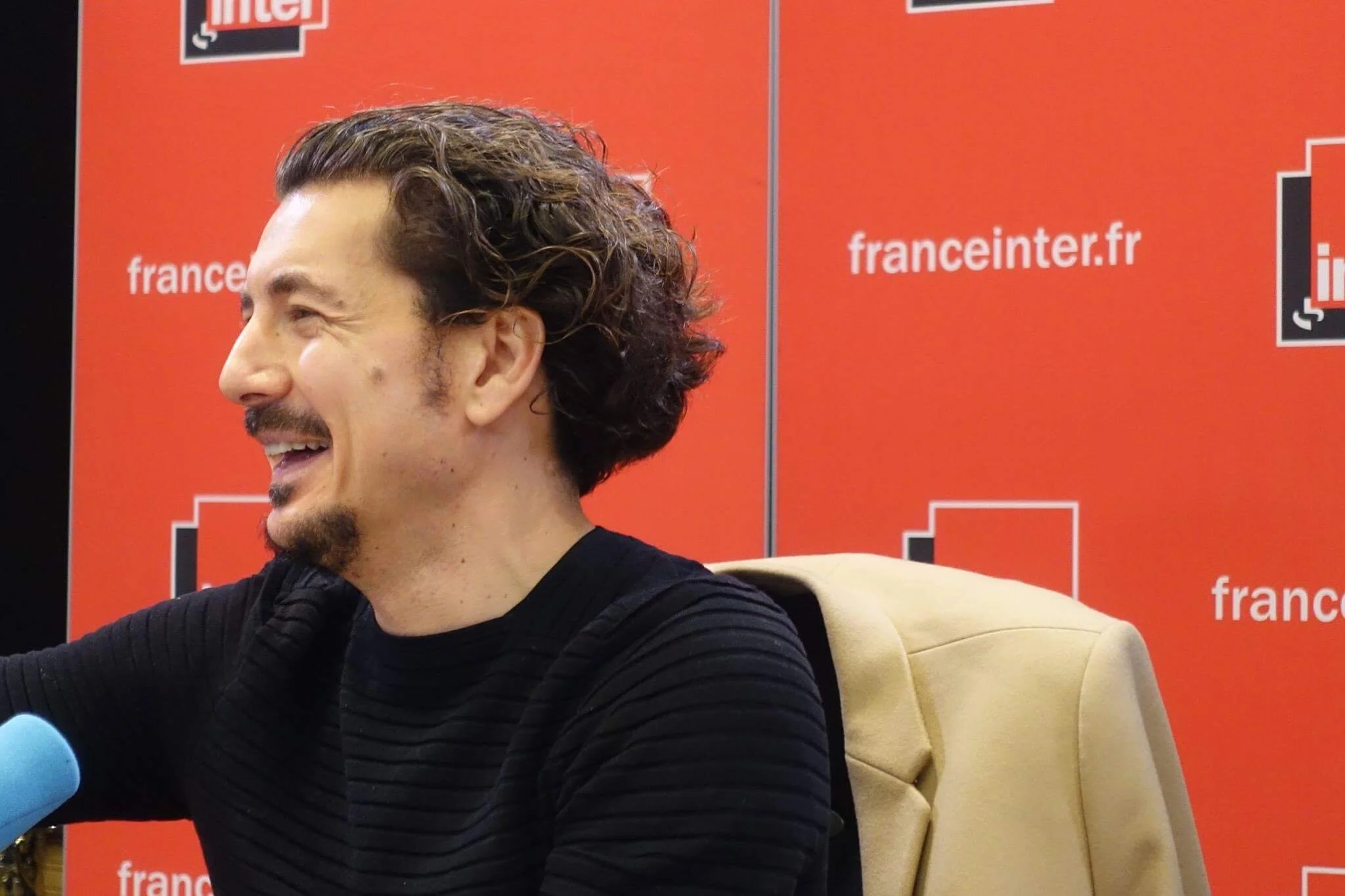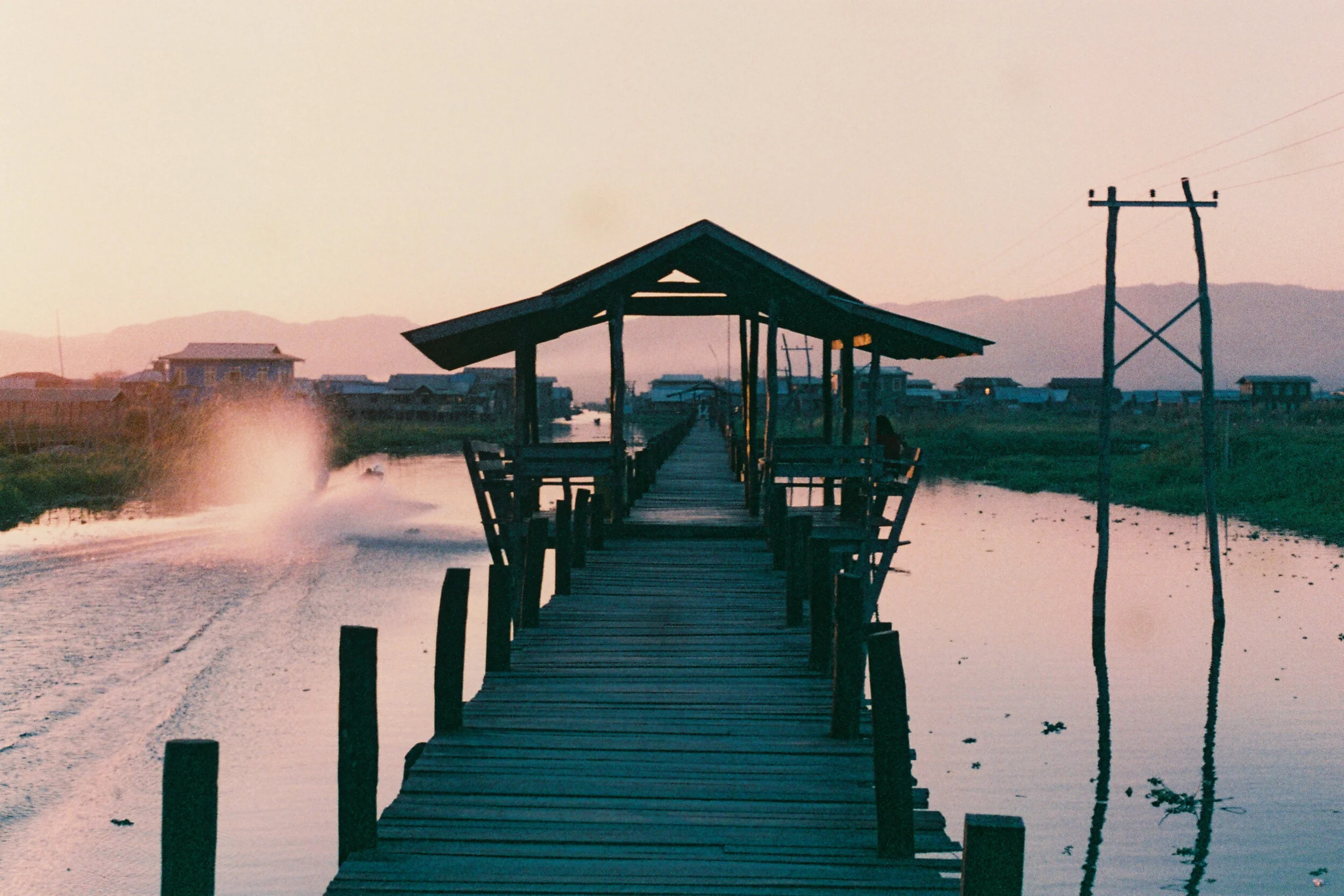Michel Maietta, former Director of Strategy at Save the Children International and Action Against Hunger, IARAN director and facilitator, recently gave an interview regarding the issue of migration from the humanitarian and European perspective. The interview also touched on other matters, including media perception and the role of NGOs and civil society on the matter.
SHABKA: How will development policy change in the “polycrisis”?
In this Shabka Inform & Debate series several authors answer the question what changes are to be expected for development policy as well as development and humanitarian aid in the polycrisis. Since the call for inputs was bilingual in character, the answers are both, in German and English language.
THE NEW HUMANITARIAN: This global pandemic could transform humanitarianism forever. Here’s how
Heba Ali, director of The New Humanitarian, shares her analysis of what we thought COVID19 would change and the change we’ve seen to date. From mid-size INGOs struggling following the COVID19 crisis, to overwhelming needs in multiple countries and at transnational level: new actors are becoming more relevant while the formal humanitarian sector is digging in old-fashioned programming, behind walls of existentialist inertia.
LA CROIX: L’ONG Oxfam ferme des bureaux mais ouvre de nouvelles voies
L’ONG, fragilisée par un scandale sexuel en 2018 et par la crise du coronavirus qui réduit ses recettes, va fermer plusieurs bureaux. Elle en profite pour réinventer son action et laisser plus de place aux organisations du sud. Dans ce monde qui évolue, « Oxfam essaie de se remettre en question. Décroître n’est pas mourir. On meurt quand on n’accepte pas les changements du monde et que l’on refuse de se transformer », explique Michel Maietta.
FRANCE CULTURE - LGBTQI : qui veut ne pas voir la crise humanitaire ?
Comment favoriser leur inclusion et leur visibilité dans les sociétés où ils et elles vivent? Comment répondre à une crise humanitaire qui n’en porte jamais le nom ? A l’occasion de la parution du rapport "A Global Outlook on LGBTI Social Exclusion through 2030" de l'Inter-Agency Research and Analysis Network (IARAN), Michel Maietta reponds aux questions de Xavier Martinet sur France Culture.
BOND: LGBTI social exclusion is a protracted humanitarian crisis
The persecution of LGBTI individuals is a crime against humanity. We can be under no illusion that this humanitarian protracted crisis will be resolved quickly, despite examples of recent progress with the decriminalisation of homosexuality. The humanitarian sector has already shown concerted efforts to ensure gender inclusion, we now need more than ever a leap in humanitarian leadership to enlarge this agenda to effectively encompass the whole of the LGBTI community.
FEEDBACKLABS - 3TT: Humanitarian Sector 2.0
MEDIUM: Networks and collective action — hard-truths and top tips
“Bringing flawed humans and organisations together to collaborate is no easy task. But faced with the daunting nature of global challenges, I believe networks offer an inspiring vision for collective change and that each of us should seize the opportunity to bring together our respective strengths to tackle multidimensional challenges. As I look ahead, I’m excited to be joining a network of fellows working on the future of humanitarian assistance, and to find new networks in my future home of Port au Prince, Haiti. I hope to collaborate with many of you along the way”. Isabelle Pelly
BOND: From voices to choices: Disrupting the humanitarian state of play
We, as humanitarians, are compelled to respond to the suffering of others, yet, when it comes to the distribution of aid, repeatedly people affected by crisis report having very limited ability to influence the decisions we take in our efforts to support them. Formal aid actors must choose to change and adapt, and use this moment to focus on supporting crisis-affected people to have stronger voices, more choices and greater influence over the aid they receive.
LA CROIX: Après le tsunami, les secours seront avant tout indonésiens
BORGENMAGAZINE: How exactly “The Future of Aid” Report advises INGOs
“The Future of Aid” does not make any guarantees about the future. Nothing is set in stone, and the world stage is set to change at any time. However, INGOs and other organizations can benefit from taking heed of its predictions and advice. Through these forward-thinking strategies, aid organizations will be able to better anticipate the future and prepare accordingly.
NPR: Global problems aid groups should prepare for, if they want to survive
By 2025, 1.8 billion people will be living in slums or shanties. In areas like these, conditions are squalid — residents have limited access to clean water, electricity and arable land, and without a central sewage system, will live amid pollution and waste. The humanitarian sector will need "fundamental, not incremental" change, state Eilidh Kennedy.
BOND: The aid sector in 2030: Challenges and changes ahead for INGOs
This blog is based on research from The Future of Aid, a foresight study on the future of aid through to 2030. It looks at current trends, presents 4 scenarios for the future, categorises crises that are likely to occur in the next 15 years and lays out 5 organisational profiles for INGOs to implement to ensure relevance through to 2030. Click here for the full report.
FRANCE CULTURE: Ethique, financement : vers un changement de paradigme humanitaire ?
Ethique, financement : vers un changement de paradigme humanitaire ? Écoutez Michel Maietta répondre aux questions de Xavier Martinet
THE GARDIAN: 'Change or die': aid charities told to stop competing for funds or face extinction
HUFFINGTONPOST: Things fall apart, the centre must hold
Michel Maietta shares with the Huffington Post the 9 types of crises that we will have to deal with through to 2030. “Everyone will need to prepare for the crises that are on the horizon. We are seeing an increasing number of new aid actors delivering aid, such as private companies, the military, faith-based organisations, the diaspora, citizens' movements.”


